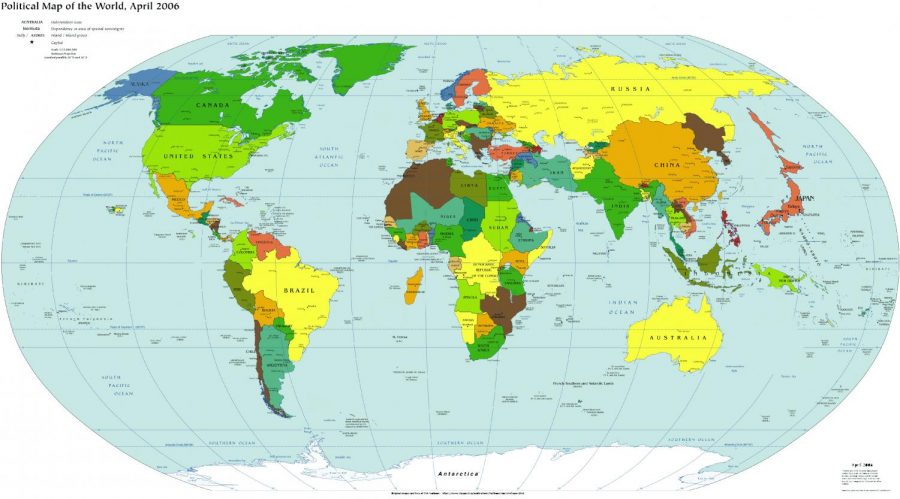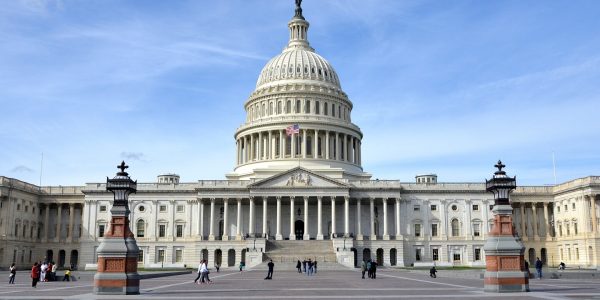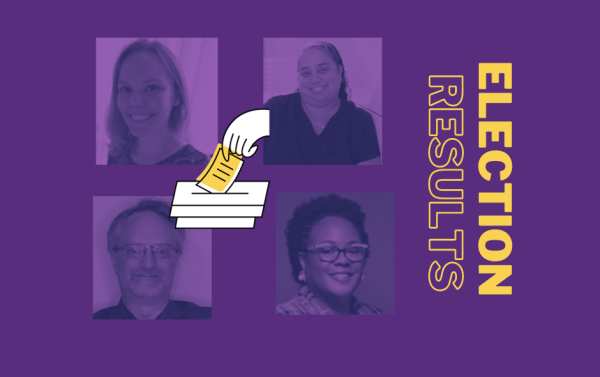The limited knowledge Americans have in geography is appalling
Original photo provided by https://commons.wikimedia.org
December 6, 2017
My sophomore year of high school, I graded a geography pre-test during history class. In the blank space next to the island of Great Britain, the answer “Poland” was written in. Japan was inside the continent of Asia. There were only four oceans instead of five. Needless to say, the rest of the exam wasn’t geographically accurate either.
Perhaps it’s unreasonable to label an entire region of people based on one person’s embarrassing pre-test results. However, a “National Geographic” poll that surveyed adults from 14 different first world countries placed Americans second-to-last when it came to geographic knowledge.
Sue Cline, AP World History teacher, used to teach an elective class entitled topics of geography in the 90’s. The class was discontinued after a low amount of student interest.
“I think most anybody can find India on a map,” Cline said, “but I have had multiple sophomores who have put Spain in South America.”
It’s about time to notice this embarrassing pattern. A misconception to most, and perhaps to the state government as well, is that geography is just the memorization of different locations on a globe. It’s the understanding of how a region’s location, landforms, and surrounding countries impact its culture and standard of living. It would be nearly impossible to learn about a historical event, like a war, without understanding the basic location and culture of a country.
Skills obtained in geography are crucial to aid students in history and current events. Understanding the path of the Silk Road can explain why present-day Istanbul is so large and diverse. Learning about imperialism in Africa can elucidate current ethnic violence in Rwanda.
Geography is only a required high school course in six states; Iowa is not on that list. Instead, the state government assigned “geography standards” that can be addressed by school staff in any shape or form. Until six years ago, these geography standards didn’t even exist.
Only having said standards versus a course curriculum forces history teachers to squeeze in mini, chaotic geography lessons that derive from the additional set of history benchmarks these teachers must reach. A nationwide government report dictates that 70% of history teachers are frustrated with an education that focuses on standardized testing and claims that they do not have the time nor funding for technology to teach geography properly.
To break it down, the government’s low prioritization of geography education directly causes students, and eventually adults, to be left clueless about different parts of the world.
Cline believes that the American school system has deliberately ignored addressing geography. “It feels like we’re deliberately being rude to the rest of the world by essentially saying ‘you are so unimportant, we are not even going to notice where you are,’” Cline said. “I don’t think that is the message the education system is intending to send, but with the global nature of the world today, I don’t think you can make the argument that you are separated from any of it.”
The global nature that Cline refers to is the internet. The World Wide Web truly is world-wide, and with seemingly instantaneous news reports, social media, and television, refusing to learn the location and culture of other regions is just ignorant.
With different catastrophes that impact this world every day, it is the responsibility as inhabitants of this planet to be well educated in geography. The more people that understand cultural conflicts and environmental landforms the greater the chances world problems will be solved.
However, geography shouldn’t take over the existing history curriculum. It is vitally important to understand our world’s past for many of the same reasons it’s crucial to learn geography. Instead, Iowa should become the seventh state to require a geography credit in high school.
In the end, a required course, even if a semester-long, would provide an immense benefit to Iowan students. Cecilia Allemagne, ’19, who formerly went to a Nebraska high school, claims that her experience with a world geography course helped her connect different historical concepts with geographic locations. “We had to memorize where things happened, and what happened, and showed it on a map,” Allemagne said.
That geography credit could perhaps teach the pre-test taker that Japan is, indeed, an island.















